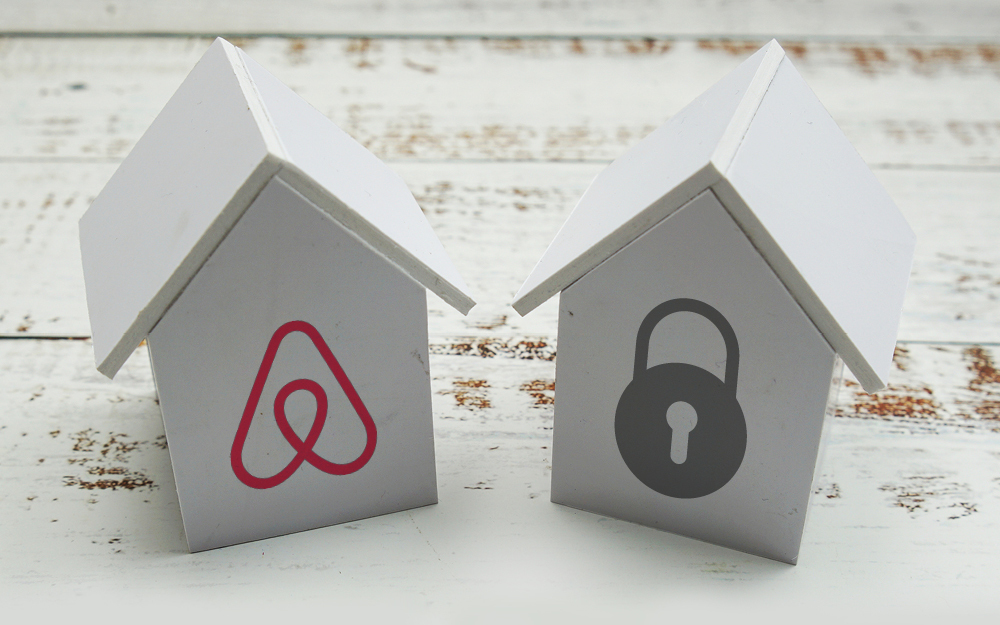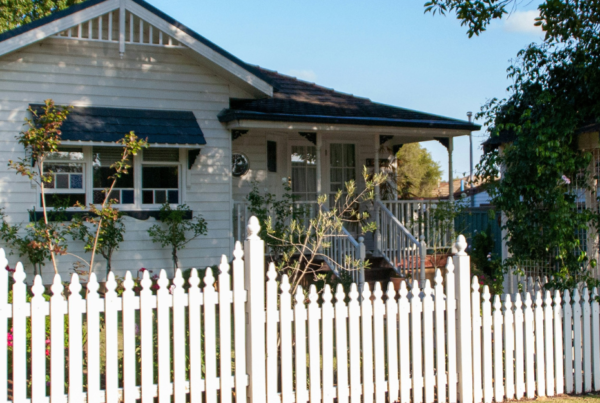Airbnb vs long term rentals – do the numbers stack up?
In just 15 short years, Airbnb has transformed from a platform helping homeowners earn cash from their spare rooms to a business and property investment strategy.
There are between 100,000 and 350,000 short-term rental properties across Australia, with homes making up approximately 85% of those listings according to various portals.i
While it might seem like a no-brainer investment decision — making thousands of dollars a week versus simply hundreds, the reality isn’t quite that simple.
Although taking the short-term route can be lucrative, savvy investors need to crunch the numbers to determine whether the figures add up. Just like any investment, there are tax implications with short-term rentals, as well as other possible hurdles including strata by-laws, council restrictions, heavy competition and seasonal impacts.
So, here are some tips to help work out the best property path.
Why are you investing in property?
By understanding your investment strategy, you can plan for the future of your asset. If cash flow is important, you’ll want a property that turns a profit each week (also known as positive gearing). This gain is made after you’ve paid all the holding expenses, but keep in mind a short-term rental attracts additional costs.
Alternatively, if your plan is purely to realise capital gain in the long run, and you’re able to absorb potential losses (also known as negative gearing), ensure you are aware of your out-of-pocket expenses each financial year to know where you stand. While you’ll get a tax break for these outgoings, will the short-term gain be worth the long-term pain?
Taking the short-term path
A quality property in a popular holiday destination can earn a homeowner hundreds, if not thousands — of dollars a night. This can be an incredible income if managed well and might also mean you have a vacation home, or retirement pad, that pays for itself.
Real estate in some sought after holiday locations has also made great capital gains over the last decade, so the strategy could prove to be fruitful for investors willing to play the long game.
Choosing the long-term option
Quality long-term rentals provide financial stability for landlords who don’t want to ride the wave of seasonal markets. A great home in an established neighbourhood with a low rental vacancy rate can be a “set and forget” investment that gives investors peace of mind and a passive income for years.
The truth about short-term letting
Putting your property on Airbnb, Vrbo or Stayz can be advantageous for property investors. According to Airbtics, a short-term rental analytics site, the average annual revenue for Australian hosts on Airbnb is $48,760, which is a healthy passive income, but it can be a volatile market space with hidden costs.ii
Here are some facts potential short-term landlords need to understand before taking the plunge;
Consider booking frequency – The average Australian occupancy on Airbnb is just 53%, which means your investment could be sitting empty for almost half the year, with some markets already saturated with short-term rentals.iii
Councils are changing heart – Some local governments are realising just how many homes are vacant during a national housing crisis and are starting to restrict short-term rentals, with some limiting letting to just 90 or 180 days in a calendar year.
Stratas aren’t always supportive – Owner’s corporations can refuse short-term rentals altogether so it pays to determine whether it will be allowed in your building.
Holiday hotspots can cool down – Depending on where your short-term rental is located, demand for it could ebb and flow considerably. You’ll need to be sure the months it’s earning will cover those down days.
Beware of hidden costs and taxes – Holiday lets incur additional costs which aren’t usually associated with long-term rentals, including; increased maintenance through greater wear and tear, cleaning, furnishings, higher management costs and insurances. There are also tax implications such as annual income tax and capital gains upon sale to consider.




